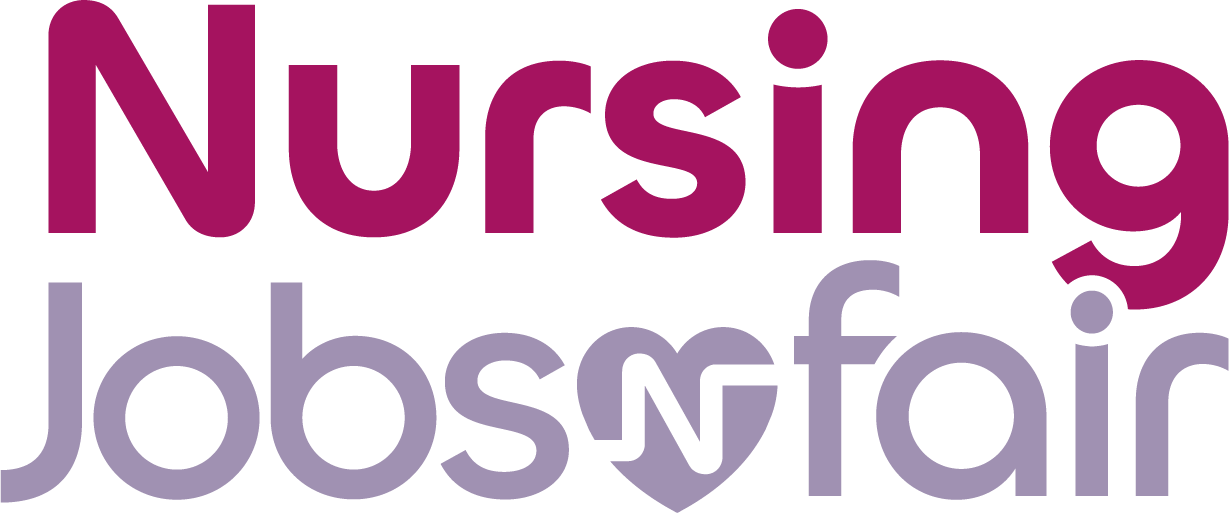There’s never been fiercer competition in hiring nurses for healthcare organisations.
The nursing shortage is a worldwide phenomenon, impacting health services in the United States and Canada, just as it is in the UK, the European Union, Australia and all around the developing world.
It’s never been more important for health and social care employers to recognise the needs and desires of their nursing workforce in order to attract quality talent and ensure that their existing staff are well looked after. But, what do nurses really want out of their jobs? Beyond salary and benefits packages, what simple, effective changes can employers implement TODAY to make life easier for their nurses – and improve patient care and satisfaction?
Respect
Nurses represent the frontline in patient care, be it in hospitals, nursing homes or social care settings. Operating under gruelling, often unsafe working conditions, nurses shoulder a heavy burden to provide all of us with the highest standards of care. A little bit of respect for their hard work and sacrifice goes a long way – most of all, nurses want to feel like their voices are heard by their employers, and that their concerns and ideas are not going unheeded.
This applies to patients, too. Treating them with the respect their position and labour deserve can help them feel appreciated and seen in their jobs, going a little bit of the way to bolster mental well-being in a profession where over 90% of nurses report feeling burnout or stress in the course of their careers.
Job Satisfaction
Respect ties in largely to overall job satisfaction. If a nurse feels respected in the workplace they are much more likely to bring a positive attitude into work and demonstrate all-round greater morale. Job satisfaction goes even further, however, with opportunities for career advancement and further education or training also playing an important part.
Critically, and as mentioned above, nurses are healthcare professionals, not manual labourers. Leaning on them for tasks like housekeeping or patient transport can be demeaning, and only adds to an already overflowing plate. Nurses trained long and hard to be where they are; they want – and deserve – to be given the recognition that their hard work has afforded them and to feel like they’re making a difference where it counts.
Safer Shifts
Going hand in hand with job satisfaction, of course, is safety in the workplace.
For nurses, this has two main dimensions. First of all, there is the literal sense – workplace violence towards nurses is a tragically common occurrence, with verbal, physical and sexual abuse contributing majorly to feelings of on-the-job stress, burnout and absenteeism among nurses.
This abuse comes from patients or patients’ families, but an alarming percentage of reported abuse also comes from a nurse’s colleagues, too. Taking steps to ensure nurses are protected, with clear lines of communication to report abuse should they fall victim to it, will help address concerns around workplace abuse.
The second crucial element in ensuring safe shifts, however, has to do with adequate staffing levels. Health service organisations the world over are experiencing nursing shortages, and this means more and more shifts are going understaffed.
Understaffed shifts raise the stress levels of the nurses working it, as they have to take on more responsibilities and cover more ground than they should have otherwise. This leads to heightened feelings of burnout and stress, and greater instances of medical errors. Not only does this negatively impact on nurses, but it also very clearly has a deleterious effect on patient care.
Realistic Expectations
Nurses are not medical encyclopaedia, there to answer patients’ every medical question, no matter how minor or complex. Setting realistic expectations goes hand in hand with showing nurses the respect that comes with positive job satisfaction and healthy morale.
What nurses do every day is incredible, but they, like everyone, have their limits. While nurses may be forced to go above and beyond when covering understaffed shifts and during times of peak capacity, as during the COVID-19 pandemic, not adding to their workload by expecting more of them than what is reasonable can really help balance the scales. Respecting a nurse’s boundaries and role specifications either as an employer or as a patient, can lift a lot of the pressure off their shoulders and let them get on with the job that really matters.
More Training
Similarly, when onboarding newly hired nurses, a little bit of patience and understanding can make a big difference. More time to train and acclimatise to their environments can have a major positive impact on morale and, in turn, on patient care.
Nurses, especially, those who have arrived at their jobs from abroad can take a little bit more time to adjust as they get used to a strange country, and being away from friends and family. Showing just a little patience and empathy as they get used to their new environment and the demands of their position make a contented nurse, less likely to suffer from strain and burnout.
This is true for nurses in general, not just new hires. When moving a nurse into a new role, or bringing in new systems that require general retraining for staff, giving time and thought to allow nurses to get comfortable with the changes makes for greater morale and fewer mistakes down the line.
Taking the time to give nurses the support they need is an investment in the success of a healthcare organisation. Human staff are the most critical asset in a healthcare setting; letting them be the best they can be is good for them, for patients, and for the organisation itself.
Adequate Supplies
When nurses walk an average of 4 miles or more over the course of a 12-hour shift, with an average of 16,000 steps taken per shift, every step shaved off their journey is a step that keeps them closer to their patients and on hand to provide the critical care only they can deliver. Every step away from their patients’ bedsides, conversely, in search of critical supplies is yet another step in their miles-long journey and a step in the wrong direction at that.
Hospitals and other institutions rarely have the luxury of reordering their architecture to address this phenomenon at the source. What managers can do, in the immediate term, to help gives nurses’ feet a rest is to ensure adequate stocks of supplies, positioned in as close a proximity as feasible to a nurse’s regular rounds.
The less a nurse needs to go out of their way to fetch supplies, the faster they can be back at their patients’ bedsides, and the less likely they are to suffer from physical exhaustion at the end of a shift.
A Simple Thank You
Lastly, a simple ‘Thank You’ and a smile can make a world of difference.
Nurses bring an unfathomable passion for their job into work with them every single day. They know how important their job is and how critical their labour is to the functioning of the healthcare setting they’re working in.
A little bit of recognition for the energy they pour into their jobs and the crucial role they play in patient care helps nurses feel seen and valued. A simple ‘Thank you’ for a task well done lets them know their work is recognised and appreciated, and offers an oasis of friendliness during an arduous 12-hour shift.
Small Changes Can Make a Big Impact
What nurses want isn’t always just a simple question of better pay and shorter shifts. There are numerous ways that every employer can make minor changes – right now – to improve the working conditions, and thus the morale and mental health of their nursing workforce.
The positive impact these changes have doesn’t just make life easier for nurses, but it improves patient care and thus the running of the organisation as a whole. Nurses are the most critical frontline in providing quality patient care; investing in them is an investment in the welfare of your patients.



 Previous Post
Previous Post 





